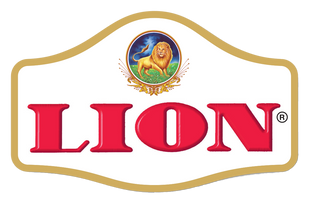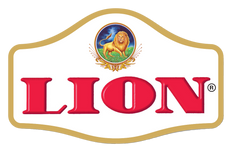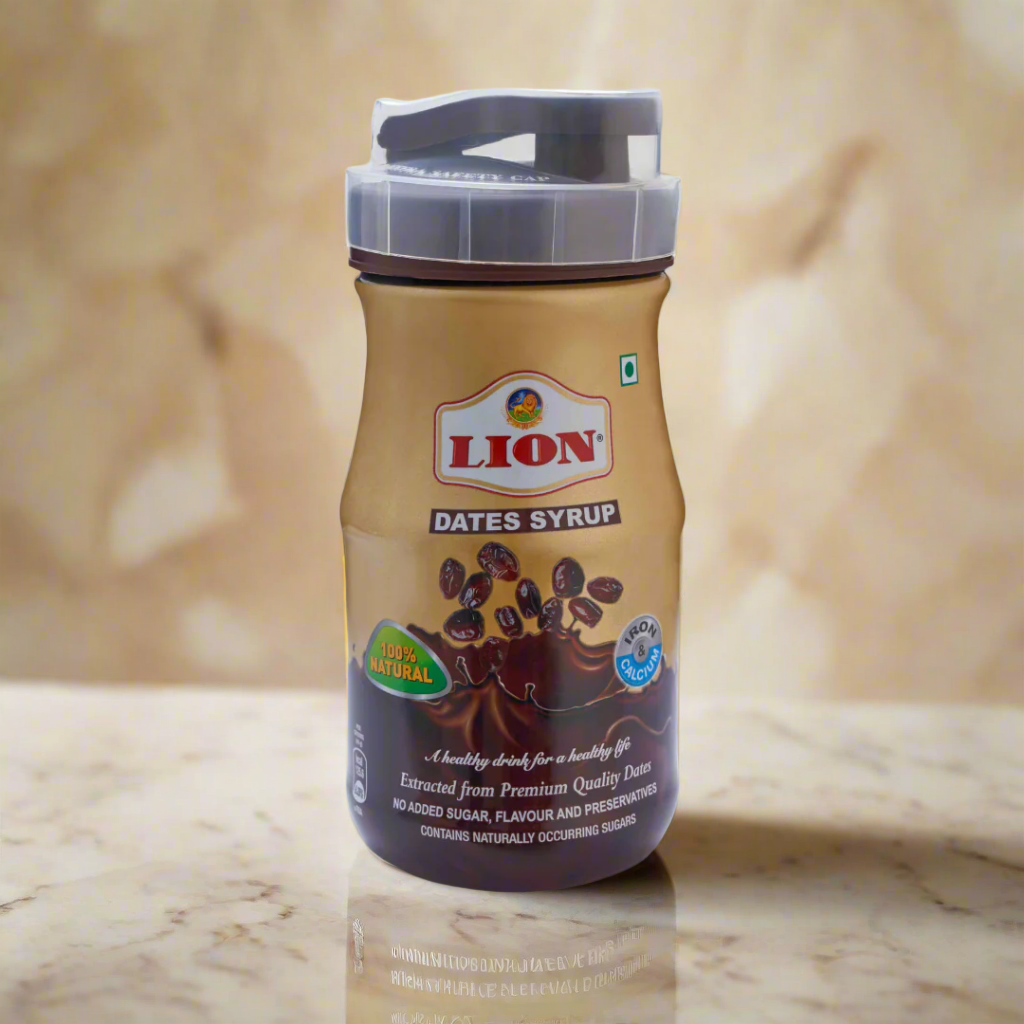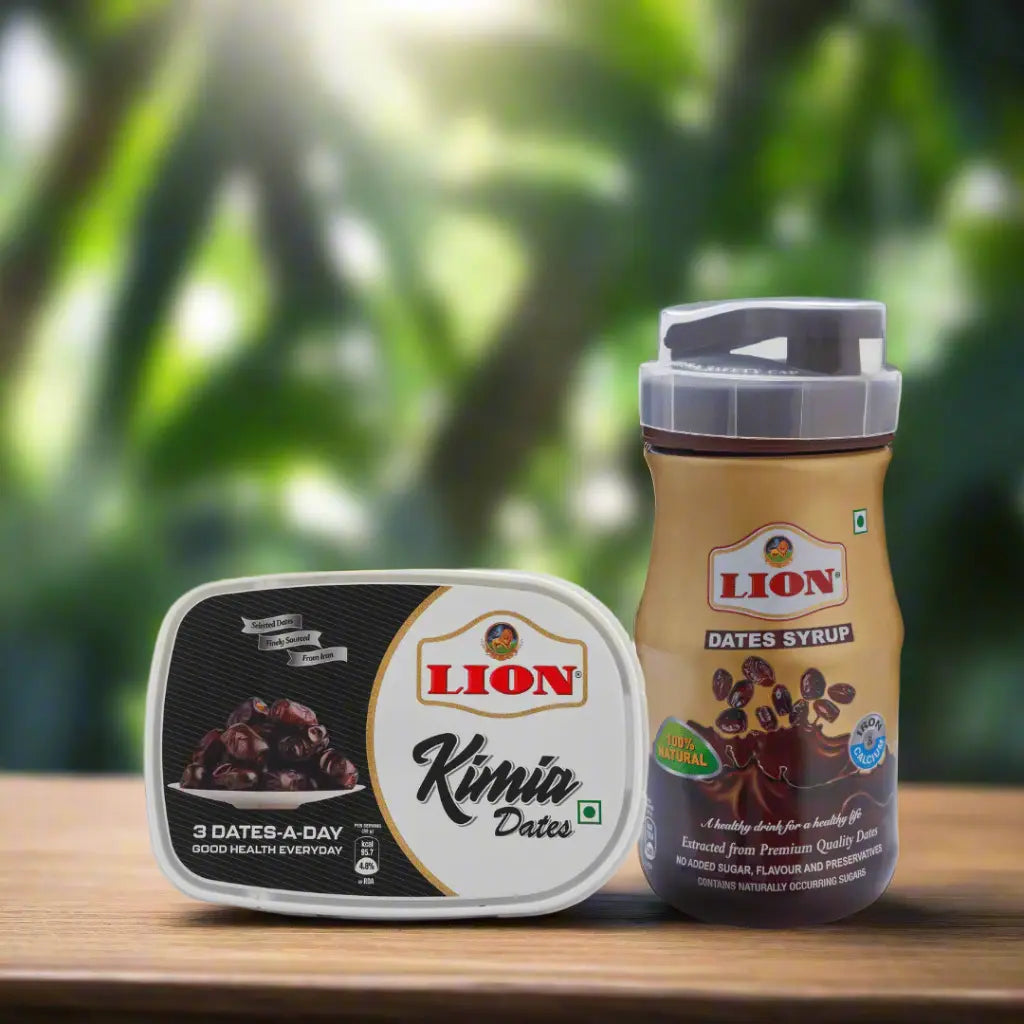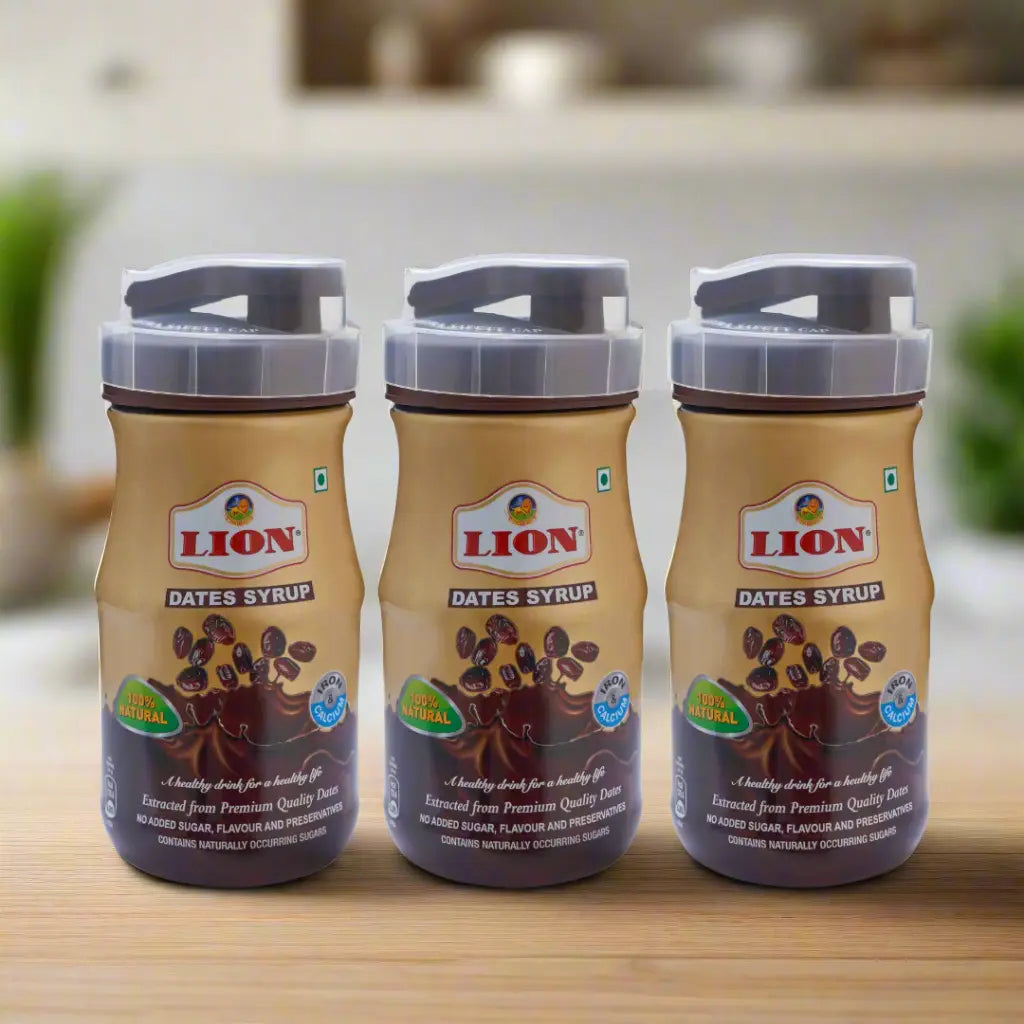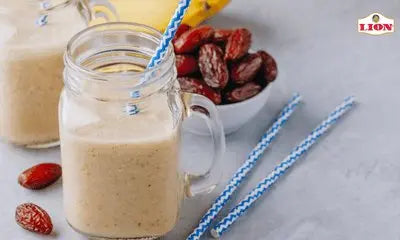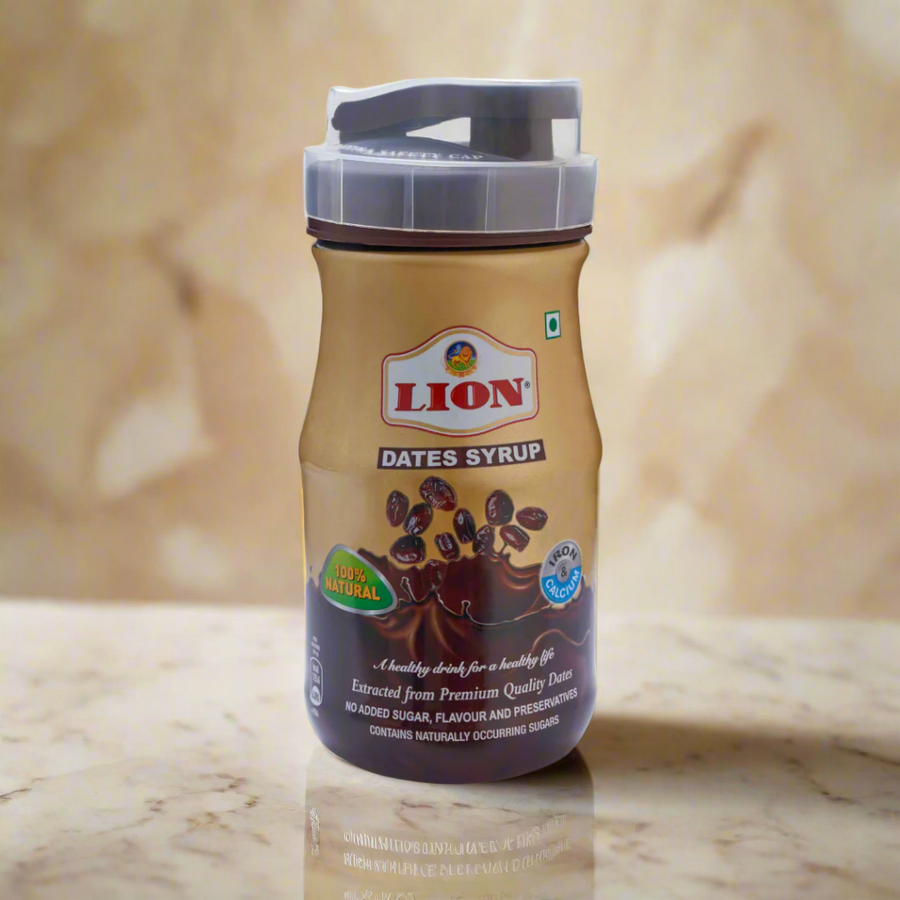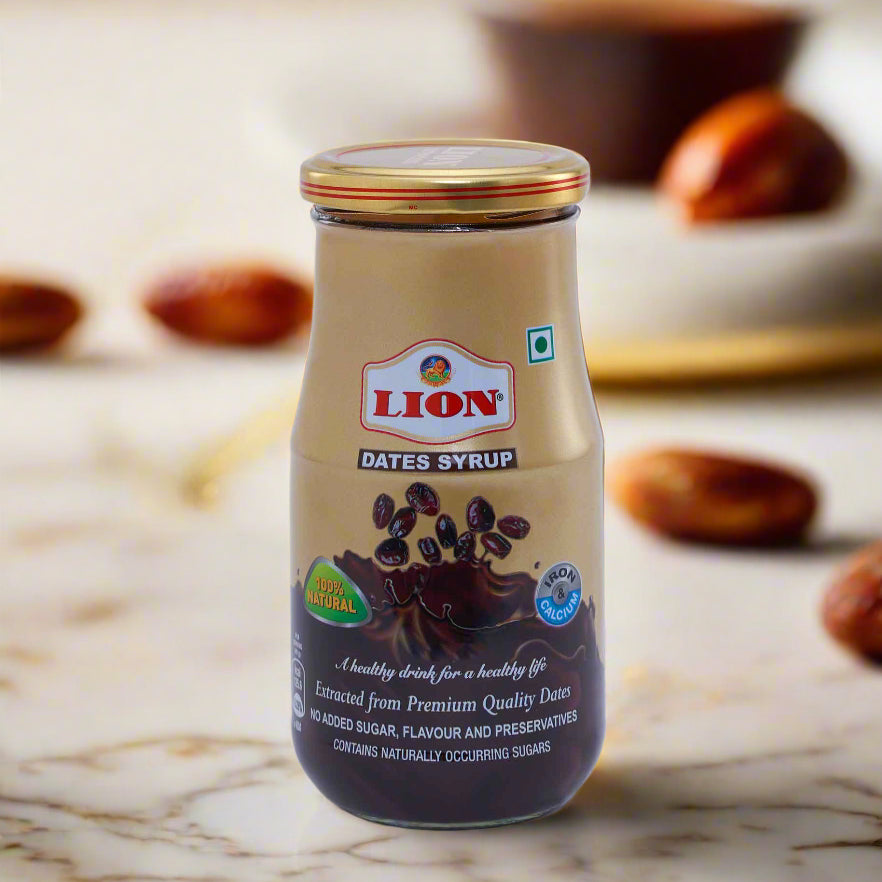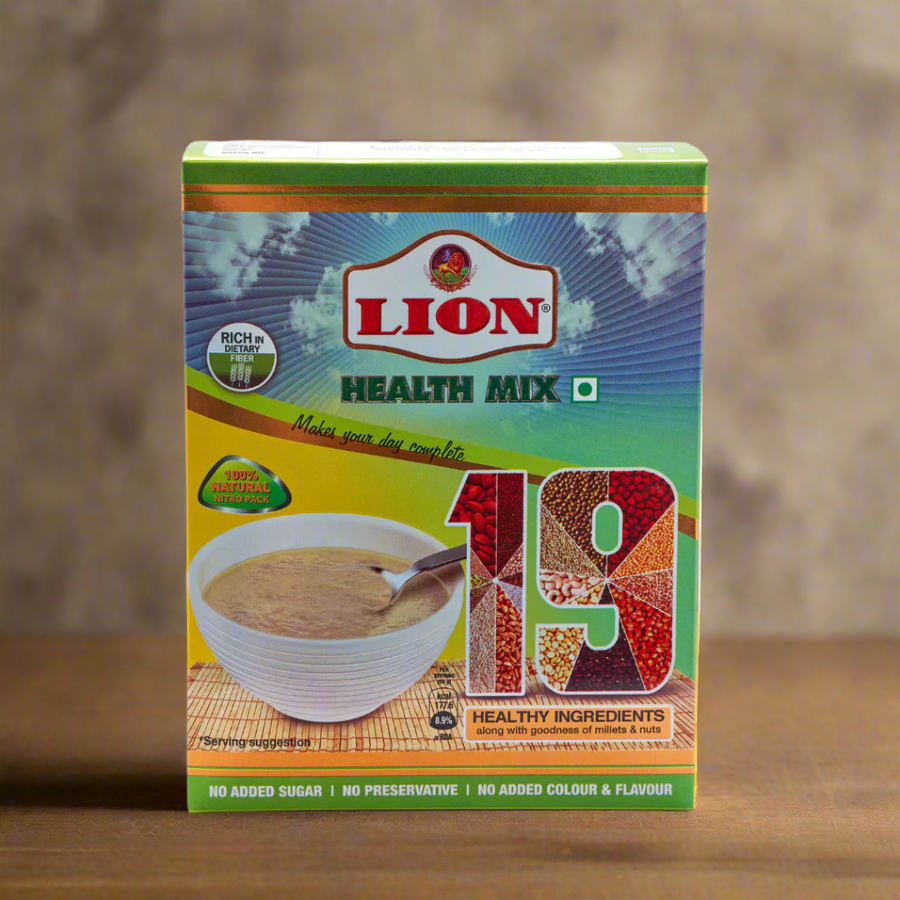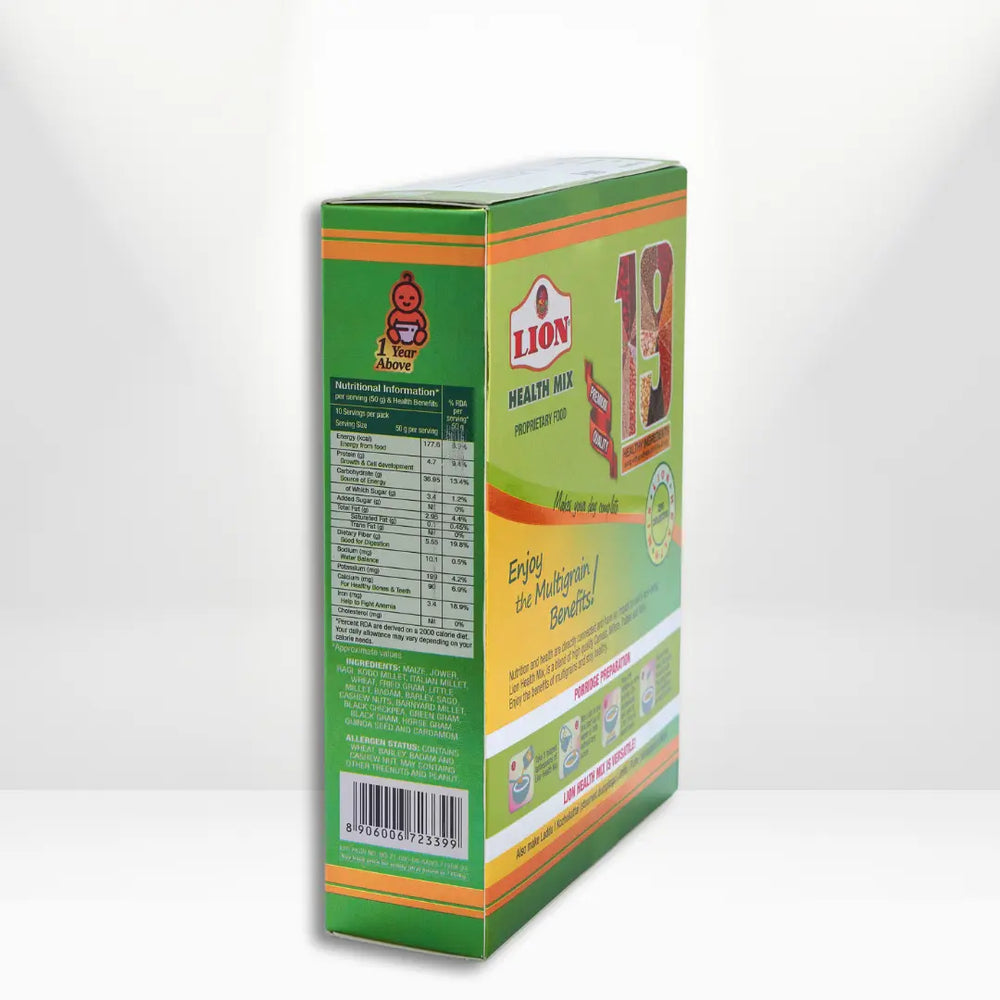Pregnancy Diet for a Healthy Baby: What to eat and avoid
Pregnancy is an exciting time for many women, and maintaining a nutritious diet is important to ensure a healthy pregnancy and a healthy baby. Eating a balanced diet throughout pregnancy is essential for both mother and baby. This article will provide information about what to eat and what to avoid during pregnancy to ensure optimal health for both mother and baby. It will also provide guidance on which foods are most beneficial to consume during pregnancy and which should be avoided.
What should you eat when pregnant?When pregnant, a healthy diet is vital for the health and development of your foetus. You should avoid eating high-fat foods, sugar, and unhealthy snacks, as these can lead to unnecessary weight gain or other pregnancy complications. Instead, focus on eating healthy, balanced meals.
It would be best if you eat plenty of fruit, vegetables, whole grains, lean proteins, and seafood to meet your nutrient requirements which provides you with essential vitamins and minerals. You should also take prenatal vitamins daily to ensure you get the recommended daily allowance of vitamins and minerals.
Additionally, it is essential to avoid smoking, drinking alcohol, and using illicit drugs while pregnant because they can harm the foetus negatively.
What should you not eat when pregnant?When pregnant, it is vital to follow a balanced diet. This will ensure the healthy growth of the foetus and prevent complications.
Eating a healthy diet during pregnancy includes a balanced diet of fruits, vegetables, whole grains, lean sources of protein, and low-fat dairy products.
Avoid raw or undercooked meat, seafood, eggs, and dairy products, as they may contain harmful bacteria that can cause food-borne infections.
Avoid high-fat, processed foods and sugary drinks, as these can lead to weight gain and nutritional deficiencies.
Use safe cookware and avoid cross-contamination while cooking.
Avoid sitting in direct sunlight, as this may increase the risk of skin problems due to hormonal imbalances during pregnancy.
Fish with high mercury contentAvoiding seafood high in mercury, such as swordfish, tuna, and marlin, and this is important to avoid when pregnant. These types of fish contain high levels of mercury that can harm a developing foetus. Instead, it is best to eat seafood low in mercury, such as salmon, shrimp, and shellfish.
Other types of fish that are high in mercury include shark, king mackerel, and tilefish. To ensure safety during pregnancy, it's a good idea to consult a healthcare provider for advice on safe seafood choices.
Raw eggsRaw eggs can be a risk for pregnant women and their unborn babies. This is because they may contain bacteria such as salmonella, which can cause serious health problems, including miscarriage, stillbirth, and infection in the newborn.
Other food items to avoid during pregnancy include unpasteurised milk, raw cheese, and undercooked meat. To keep their pregnancy safe and healthy, pregnant women should always follow safe food preparation guidelines and carefully consider food safety labels.
Organ meat
Organ meat is high in cholesterol and fat, which can harm a developing baby. Besides that, organ meat can also carry the same risks as meat from other sources, such as bacterial and parasite contamination. Besides the heart, liver, and brain, other types of organ meat are also dangerous for pregnant women to eat, including pork liver and beef liver.
Some types of organ meat are hazardous for pregnant women, so it's important to talk to your healthcare provider about what kinds of organ meat you should avoid while pregnant. Overall, keeping a healthy diet while pregnant and enjoying food that tastes good but is safe for your growing foetus is essential.
Alcohol
Drinking alcohol while pregnant can harm your baby, including miscarriage, stillbirth, and congenital disabilities. Even a tiny amount of alcohol can increase the risk of miscarriage or stillbirth. Therefore, pregnant women should avoid drinking any type of alcohol, including wine, spirits, and beer. Instead, they should focus on healthy food choices that provide nutrients and fuel your active body.
Pregnant women should prioritise foods that provide essential vitamins and minerals to support foetal development and growth. In addition to a balanced diet, taking prenatal vitamin supplements is always a good idea to ensure your body stays healthy throughout pregnancy.
Processed junk foods
Processed junk foods are high in calories, low in nutrients, and contain harmful fats and chemicals. They are a poor choice for pregnant women as they can harm you and your baby.
In addition to high levels of sugar, salt, and additives, processed junk foods also contain harmful fats that can lead to weight gain foetus or a baby born with congenital disabilities. Instead of eating these types of food, make healthy choices to ensure you and your growing baby get the nutrients you need. Reading nutrition labels on food products is vital to ensure you eat healthy and nutritious food. Plus, a healthy diet during pregnancy is the best way to keep your pregnancy healthy and happy!
Undercooked, raw, and processed meat
You must avoid eating undercooked, raw, and processed meat during pregnancy. This type of food can be harmful to your baby's health. Besides, it contains bacteria that can cause serious health problems in your child.
Therefore, it's best to avoid eating this food while pregnant. Making healthy food choices is always a good idea during pregnancy, so remember to avoid undercooked, raw, and processed meat.
What should I eat when pregnant?Being pregnant is a time to focus on eating healthy, nutritious food. Eating healthy during pregnancy can help improve your health and your baby's health. That includes eating various healthy foods, including fruits, vegetables, lean protein sources, low-fat dairy products, and whole grains. Some healthy food choices include salads with fruits and vegetables, poultry without added fat, fish fillets without oil or salt, low-fat dairy products like yoghurt and cheese, and whole-grain bread and cereals.
Pregnant women who eat a balanced diet filled with nutrient rich-foods can avoid risk factors for developing several common pregnancy complications, including high blood pressure and diabetes. Additionally, consuming a healthy diet helps women feel better during pregnancy and can aid in recovery afterwards. So eat healthy during pregnancy for your health and the health of your growing baby.
Food with high proteinsWhen pregnant, you must include foods high in proteins in your diet. Foods high in protein can help to provide the growing foetus with essential nutrients and proteins. Additionally, protein-rich foods help reduce the risk of morning sickness.
However, it is important to note that some foods are not appropriate for pregnant women to eat, even if they are high in protein. This includes raw eggs, unpasteurized milk, and untreated meats. Instead, it is best to consult a healthcare provider or a nutritionist for a list of safe and appropriate food choices. Eating small amounts of mixed nuts at regular intervals can give you the proteins needed for the child's development.
Fibre-rich foodsEating a healthy diet with plenty of fibre-rich foods to support your growing baby is essential during pregnancy. Some high-fibre food examples include fruits, vegetables, whole grains, and legumes. In addition, it's vital to avoid processed foods and sugary drinks, which can increase your risk of developing gestational diabetes.
Overall, eating a healthy diet during pregnancy is a great way to improve your and your baby's health. Dates are great for a healthy diet with fibre and other minerals.
Stay hydratedWhen pregnant, it's important to stay hydrated. Drinking plenty of fluid is essential to ensure a healthy pregnancy. Pregnant women must stay hydrated throughout the day by drinking about 2 litres of water daily.
However, it's also necessary to ensure you drink enough fluids even if you're not thirsty. That way, you can avoid an under-hydrated state that can put you at risk for complications in pregnancy (such as miscarriage or birth complications). Plus, it's an excellent way to stay healthy and fit during this time.
Instead of alcohol, sugary drinks, and caffeine, a nourishing prenatal diet should include lots of fruits and vegetables, and other food that are low in calories and high in nutrients. Adding healthy drinks like date syrup and healthmix which contain a lot of minerals and vitamins, to your diet is a good choice.
Take the necessary vitaminsA pregnant woman needs a lot of nutrients to ensure a healthy pregnancy. Some of the key ones are vitamins A, C, and folic acid, which help support the baby's eyesight and immune system development. Other essential nutrients include iron, which is crucial for the healthy growth of a foetus, as well as other minerals, such as calcium and zinc. It's also essential to consult a doctor or nutritionist before starting a diet during pregnancy; make sure you're following a balanced diet that includes all required nutrients.
Tips to avoid eating discomforts during pregnancyEating a healthy, balanced diet and avoiding high-fat, high-calorie, and salty foods can ensure a healthy pregnancy. Additionally, drinking plenty of water to stay hydrated and avoiding eating raw or undercooked meat, poultry, eggs, or fish can help prevent discomforts such as constipation and nausea.
Similarly, pregnant women should avoid eating raw fruits and vegetables unless peeled and cooked first, as they may contain harmful materials that may harm the health of the developing foetus. Similarly, pregnant women should avoid eating raw food items that could lead to listeria infection if they are not properly handled.
- Try eating smaller, frequent meals.
- Avoid eating spicy, fatty, and rich foods.
- Try not to lie down immediately after eating.
- Eat high-fibre foods, vegetables, and whole grains.
The above are some food choices you must avoid during pregnancy. If you follow a healthy diet, you will be able to gain weight, and your baby will do well. Also, make sure to drink a lot of fluids and ensure that you get enough rest and exercise. However, if you feel disoriented, dizzy, or confused or have low blood pressure while pregnant, it is best to speak with a healthcare professional immediately.
